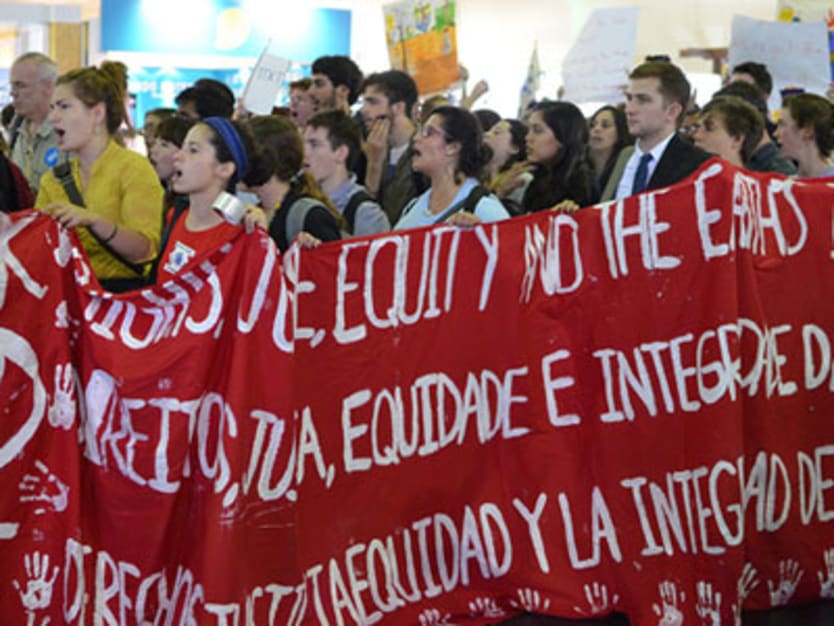
As the development community grapples with the question of what should be in or out of the post-2015 framework, one overarching issue is emerging as key to the entire project. It is becoming increasingly clear that if more is not done to promote an enabling environment for civil society, efforts to reduce poverty, tackle inequality and resolve conflict will be fatally undermined.
Sadly, despite numerous international commitments to protect civic space, evidence from around the world suggests that conditions are actually getting worse, not better, for civil society. “The State of Civil Society 2013,” published on Monday by CIVICUS, catalogs a litany of threats to civil society, from outright violence against civic leaders to legal restrictions on civil society organizations and dramatic funding cuts.
In some countries, such as Bahrain, Cambodia and Ethiopia, activists have been imprisoned for daring to criticize the government. In Azerbaijan, Canada, Malaysia and Russia, regressive laws place new barriers on the right to peaceful assembly. In Kenya, Tanzania and Uganda, new laws give the state power to declare a civil society organization unlawful. Bangladesh and Russia are the latest countries wanting to restrict foreign funding of local civil society groups, and in several donor countries such as Canada, the Netherlands and New Zealand, funding for civil society organizations that support international development has been cut.
Much of the euphoria and optimism surrounding the Arab Spring has been lost amid the chaos, corruption and clampdowns on civil society that ensued in Egypt, Libya and Tunisia. And the potential of arguably the most liberating tools for social activism — the Internet and social media — is under threat from new restrictions that clamp down on the ability of citizens to mobilize or hold governments accountable.
It is this context that serves as a backdrop for current discussions about the post-2015 development framework. While there has been some recognition of the importance of an enabling environment for civil society — most notably in the principles underpinning the Busan Partnership for Effective Development Cooperation — there is little sign that protecting civic space will be a key element in development strategies.
Yet a vibrant civil society supports development in a range of ways, from community-based organizations that can deliver grounded and cost-effective services to independent voices that can hold governments accountable. The development sector knows better than any that without transparency and accountability, the fight against global poverty will be fatally undermined by corruption and waste.
Any new global development strategy has to put the enabling environment for civil society at the heart of other ambitions, so that citizens feel empowered to shape the societies around them rather than live in fear of reprisals. The freedom from want is nothing without the freedom from fear.
Join the Devex community and access more in-depth analysis, breaking news and business advice — and a host of other services — on international development, humanitarian aid and global health.








